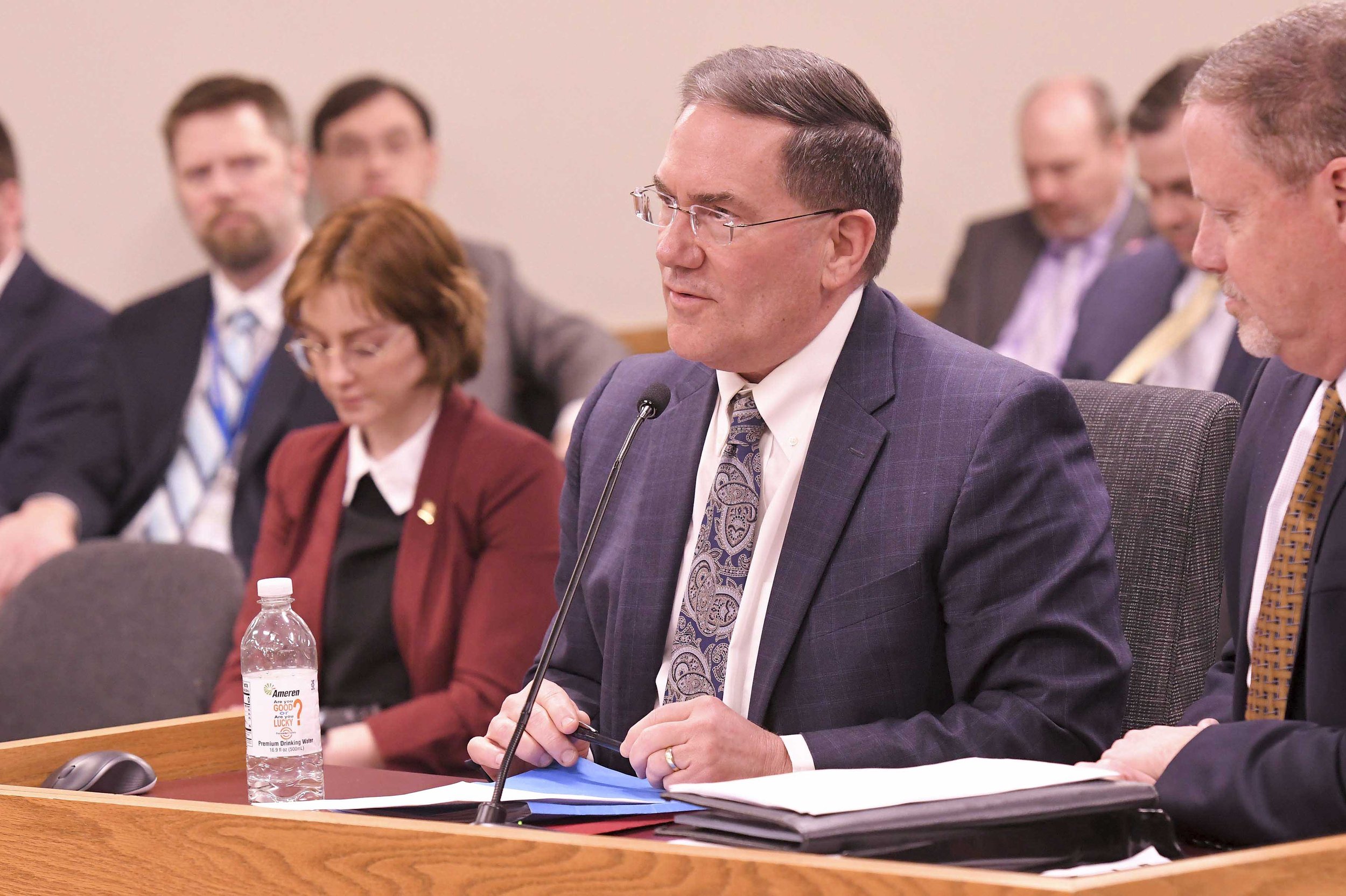Missouri House Utilities Committee unanimously approves Power Predictability and Reliability Act
Legislation encouraging investment in reliable generation moves forward in the Missouri House
By a 12-0 vote, the members of the Missouri House Utilities Committee put their stamp of approval on House Bill 2541. Commonly known as the Power Predictability and Reliability Act, this legislation aims to remove barriers to investment when in-state utility companies decide to build new natural gas power plants in Missouri. Since the last natural gas generation plant was brought online in the state in 2015, more than 40 power-generating assets have been retired by utility companies throughout the Show-Me State.
Under the legislation passed by the House Utilities Committee, the Missouri Public Service Commission would still have the power to determine if a project is a reasonable means of meeting the state's needs and interests and to ensure the project is executed in a prudent manner. If a company meets these standards and decides to move forward with building a new on-demand natural gas power plant, the legislation is designed to provide a level of security for utility companies when it comes to investing hundreds of millions of dollars in new, reliable generation in the state.
Warren Wood, vice president of regulatory and legislative affairs for Ameren Missouri, speaks in support of HB 2541 during the bill’s hearing on Feb 7.
"With power-usage rates expected to set record highs throughout our country in the coming years, now is the time to act to ensure Missouri's electric utility companies can meet the future needs of our state's citizens and its businesses," said Warren Wood, vice president of regulatory and legislative affairs for Ameren Missouri. "Missouri law shouldn't disincentivize the state's utility companies from building reliable and on-demand generation — it should encourage these companies to invest and move our state forward."
Following the bipartisan, 12-0 vote in the Utilities Committee, the legislation received another round of approval from the House Rules – Administrative Oversight Committee. The legislation is now eligible to be considered by the full House of Representatives.
